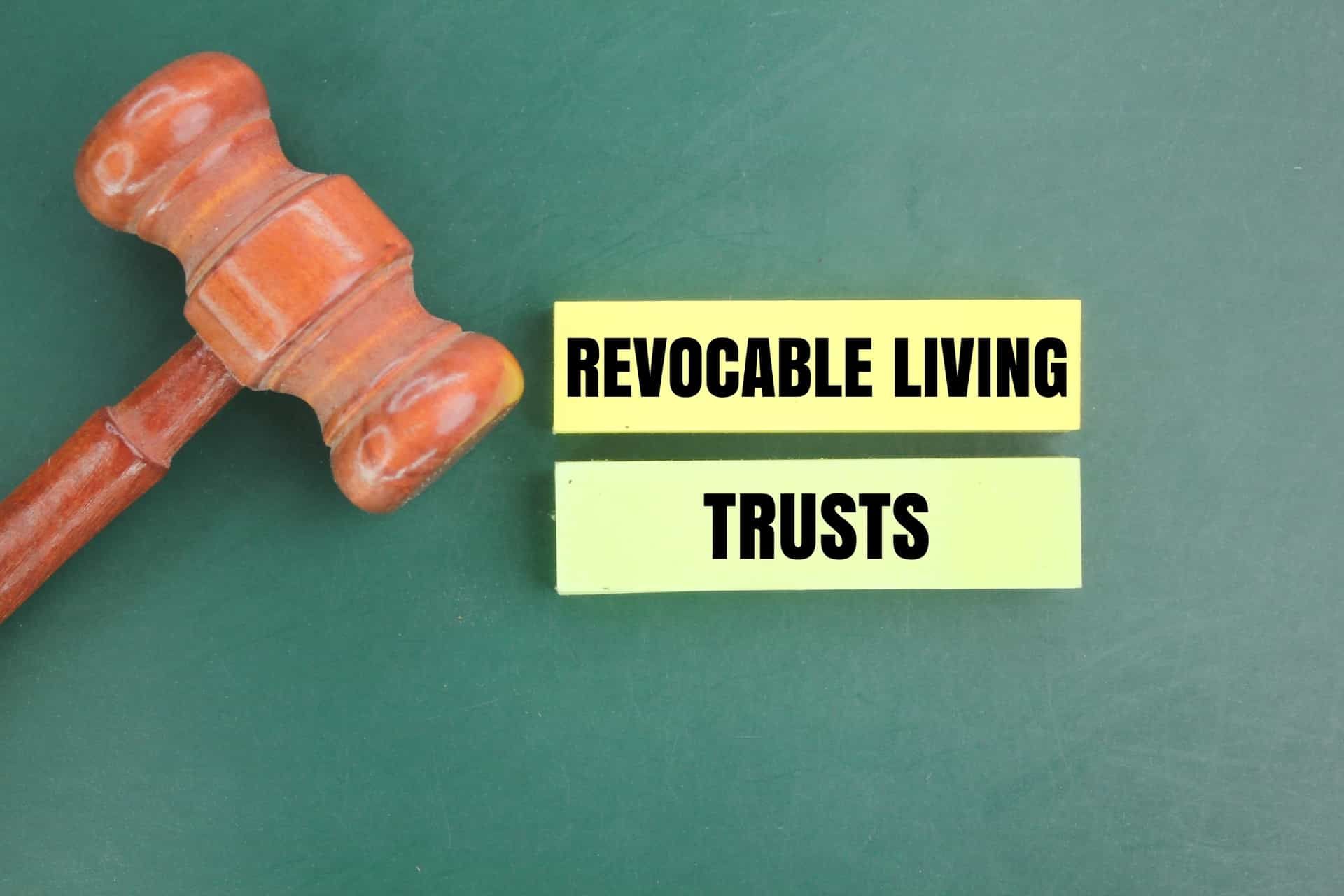Illinois Consignments under UCC

Under 810 ILCS 5/9 et seq. , goods sent from one party (consignor; often manufacturer) to another party (consignee; a merchant) will only qualify as a consignment under and be governed by Article 9 of the Uniform Commercial Code if the goods are delivered to a merchant for the purpose of sale, are valued in excess of $1,000 and are not be consumer goods in the hands of the person making delivery to the merchant. Furthermore, the merchant must deal in goods of the kind under his own name and not that of the consignor, the merchant cannot be an auctioneer and the merchant cannot generally be known by its creditors to be substantially engaged in selling goods of others in order to qualify.
If the transaction does not meet the definition of consignment under Article 9, either because the consignment is of consumer goods, the merchant does not qualify under the Code or the aggregate value of the goods is less than $1,000, Article 9 of the Uniform Commercial Code is not applicable. If Article 9 does not apply, then the consignor is not offered the protections of the Uniform Commercial Code and the consignor cannot obtain and perfect a purchase-money security interest in the consignor’s inventory.
Uniform Commercial Code
Under the Uniform Commercial Code, inventory is defined as a kind of secured property that is fungible and changes over time. As old inventory is sold or used and new inventory is purchased, the whole of the goods still remains inventory regardless of when it is acquired. That is important to note because once a creditor perfects a security interest in a debtor’s inventory, all after-acquired inventory falls under that originally perfected security interest. This means that a creditor’s security interest in a debtor’s inventory can be broadly identified as inventory without having to specify what is exactly contained within that description and can cover after-acquired goods.The reason it is important to understand the definition of inventory and what a creditor’s security interest in the inventory of a debtor means in relation to consigned goods is because of the potential affect it could have on the consignor’s inventory in the hands of a consignee. If the consignee is a debtor to a creditor who has perfected a security interest in the consignee’s inventory prior to the consignor delivering its goods to the consignee, the creditor could potentially obtain a security interest in the consignor’s goods as inventory of the consignee/debtor. That creditor’s perfected security interest in the consignee’s inventory could ultimately affect the ability of the consignor to have its goods returned from the consignee or to receive payment from the consignee for goods sold under the consignment arrangement.
Therefore, in order for a consignor to have lien priority over of an existing creditor with a perfected security interest in the consignee’s inventory, the consignor must: (1) have a perfected purchase-money security interest in consigned goods prior to the time the consignee receives possession of the property by filing a UCC-1 financing statement; (2) must send notice of the intended delivery to the creditor with a perfected security interest in the consignee’s inventory; (3) the creditor with a perfected security interest in the consignee’s inventory must receive the notice within five years before the consignee receives possession of the property; and (4) the notice must tell the creditor with a perfected security interest in the consignee’s inventory that the consignor intends to acquire a purchase-money security interest in its inventory and must describe the inventory to be sold by the consignee.
Typically under Article 9 of the Uniform Commercial Code, the filing place for the UCC-1 financing statement (a nationally required form) is the state where the debtor is located. The consignor must submit two (2) copies of the financing statement with a self-addressed stamped envelope. One will be filed at the filing office of the state and the second will be returned to the consignor as an acknowledgement copy. Forms should be typed in 12 point font, Times New Roman style type and in all capital letters. The alternative designation section in line item 5 of the UCC-1 financing statement should be checked in the consignee/consignor box when filing it in connection with consignment agreements. The consignor’s and consignee’s signatures are not required on the UCC-1 financing statement filed with the state, as it is the responsibility of the consignor to ensure it has all the proper legal documentation to prove its interest in the consignment inventory.
Under the Uniform Commercial Code, a financing statement is effective for five (5) years after the date of filing. The effectiveness of a filed financing statement lapses on the expiration of the period of its effectiveness (5 years from date of original filing) unless a continuation statement is filed before the end of the five (5) year period. A continuation statement may be filed only within six (6) months before the expiration of the five (5) year period. Upon the timely filed continuation statement, the effectiveness of the initial financing statement continues for a period of five (5) years commencing on the day on which the financing statement would have become ineffective in the absence of the continuation statement filing (e.g. ten 10 years from the original filing date).
Uniform Commercial Code Division
The Uniform Commercial Code Division (UCC) serves as the state repository for financing statements regarding security interests in Illinois. Illinois charges a filing fee of $20.00 for all written financing statements. Contact Jostock and Jostock P.ADisclaimer: The information on this website and blog is for general informational purposes only and is not professional advice. We make no guarantees of accuracy or completeness. We disclaim all liability for errors, omissions, or reliance on this content. Always consult a qualified professional for specific guidance.






